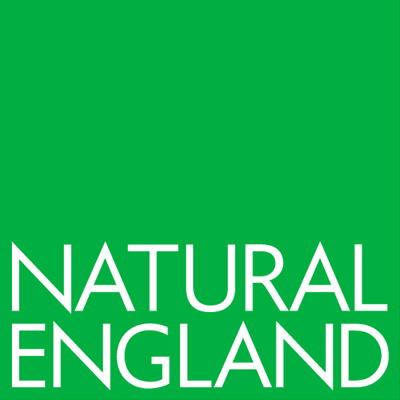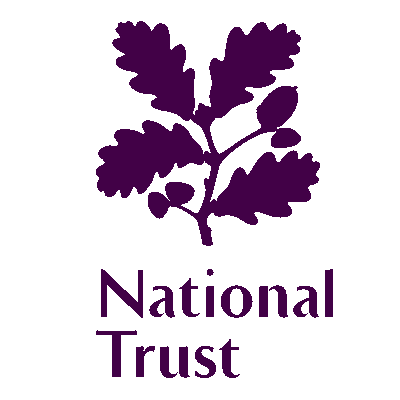
Nature-based solutions to water-quality challenges
Harnessing and restoring nature around our rivers and reservoirs.
Making a real difference to our local environments
Upstream Thinking
Farmyard manure, artificial fertilisers, herbicides and pesticides used on the land can end up in rivers, wreaking havoc on habitats and the quality of the water. Bad raw-water quality means more intensive and expensive treatment is required to get it to drinking-water standards.
Our multi-award-winning catchment-management scheme, Upstream Thinking, applies natural solutions to reduce this agricultural impact on biodiversity and water quality. It does so whilst supporting farmers and the rural economy, by providing long-term resilience to climate change.
Some of the activities include:
- Installing waterside fencing
- Building ponds
- Improving farm tracks
- Increasing slurry storage
- Planting trees and buffer strips to catch and filter water
Did you know?
Doing our bit for climate change
Recovering nature for wildlife
We have committed to improving biodiversity across our sites through improvements in ground management. Where we’ve been building, developing or engineering, we leave these sites with a biodiversity net gain.

Working together to achieve long-lasting change
None of this would be possible without the help and dedication of our partners. Their support and determination in starting and continuing this work with us has seen a significant improvement on river-health across the South West.
The willingness of local landowners, farmers and volunteers to do the right thing for the land and water has made all this possible.
















